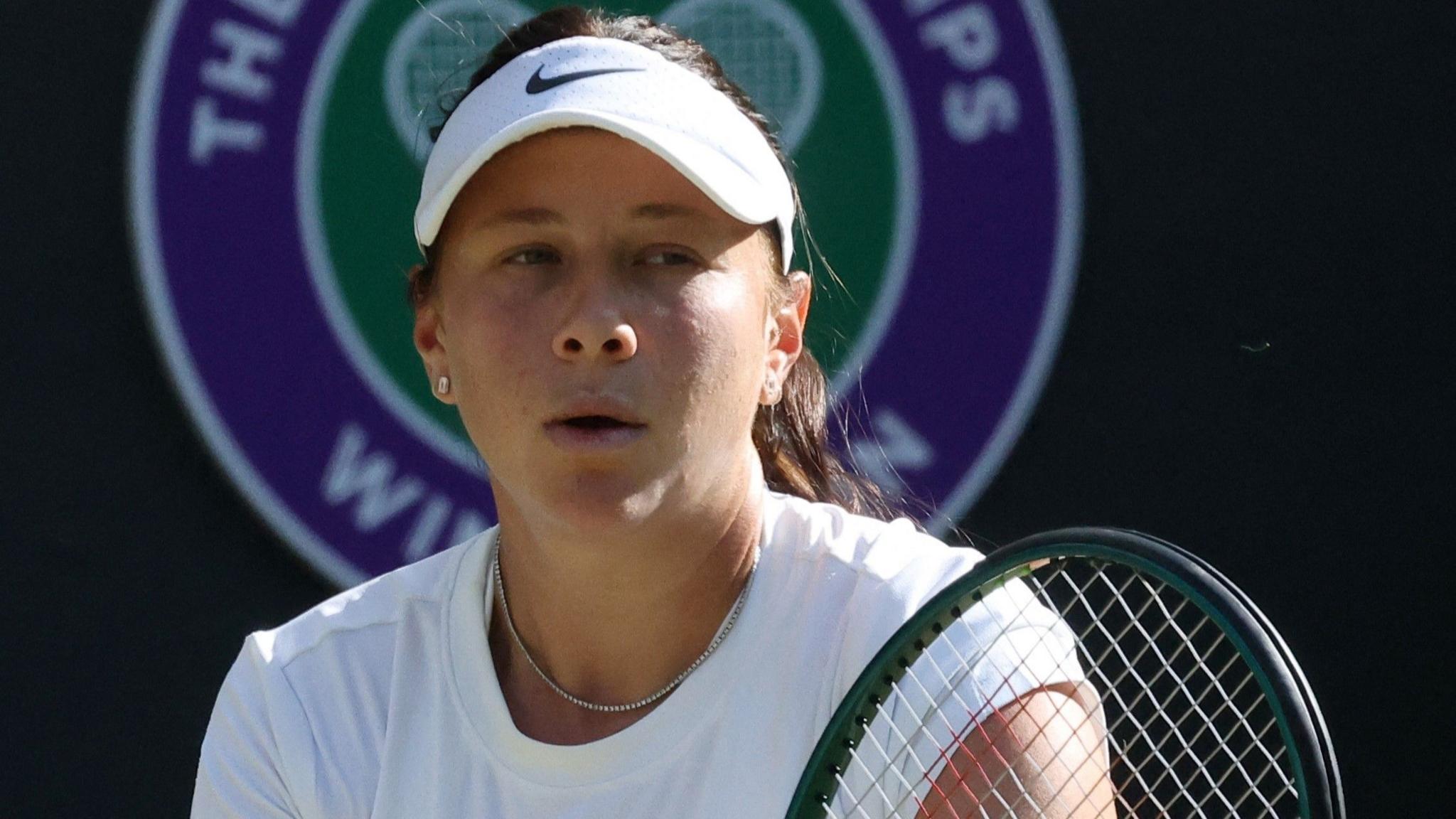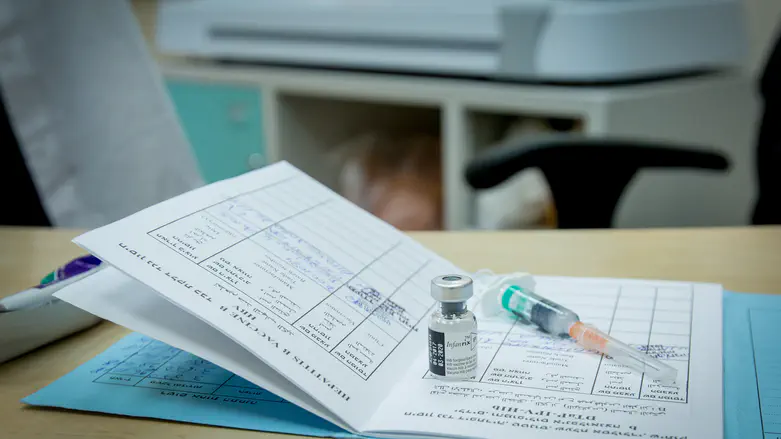Beyond the Court: Indian Tennis Stars Open Up About Mental Health & Battling Burnout

The pressure to perform at the highest level of professional tennis can be immense, leading to burnout and mental health challenges. Following in the footsteps of Wimbledon semi-finalist Amanda Anisimova, several Indian tennis players are increasingly vocal about prioritizing their mental wellbeing. This article explores the growing awareness of mental health within the Indian tennis community, the strategies players are employing to manage stress, and the importance of seeking support. We delve into the unique pressures faced by Indian athletes, the stigma surrounding mental health discussions, and the steps being taken to foster a more supportive environment.
The Rising Tide of Awareness
Amanda Anisimova's openness about her struggles with anxiety and burnout after a heartbreaking Wimbledon defeat resonated with many athletes globally, including those in India. Her willingness to share her experiences has helped to normalize conversations around mental health in a traditionally high-pressure sport. For years, the focus has been almost exclusively on physical training and performance, often at the expense of mental wellbeing. Now, a shift is occurring, with players recognizing that mental strength is just as crucial as physical prowess.
Challenges Faced by Indian Tennis Players
Indian tennis players face a unique set of challenges. Beyond the inherent pressures of competition, they often carry the weight of national expectations. The sport, while experiencing a resurgence thanks to players like Rohan Bopanna and Sumit Nagal, still lacks the deep-rooted infrastructure and consistent funding enjoyed by tennis powerhouses. This can lead to increased financial stress and limited opportunities for development, adding to the mental burden.
Furthermore, cultural factors can contribute to the stigma surrounding mental health. In India, there's often a reluctance to discuss emotional vulnerabilities, and seeking help can be perceived as a sign of weakness. This can prevent players from openly acknowledging their struggles and seeking the support they need.
Strategies for Mental Wellbeing
Despite these challenges, Indian players are beginning to prioritize their mental health. Strategies include:
- Mindfulness and Meditation: Many players are incorporating mindfulness practices and meditation into their routines to manage stress and improve focus.
- Sports Psychology: Working with sports psychologists is becoming increasingly common. These professionals provide tools and techniques to cope with pressure, build resilience, and enhance performance.
- Strong Support Systems: Building a strong support network of family, friends, and coaches is vital. Having people to talk to and rely on can make a significant difference.
- Time Management & Prioritization: Balancing training, competition, and personal life is essential. Effective time management and prioritization can help reduce stress and prevent burnout.
- Disconnecting from Social Media: The constant scrutiny and comparison on social media can be detrimental to mental health. Players are learning to limit their exposure and focus on their own journey.
The Road Ahead
While progress is being made, there's still much work to be done. Greater awareness, reduced stigma, and increased access to mental health resources are crucial. Tennis federations and governing bodies need to prioritize mental wellbeing programs and create a culture of support. Educating coaches, parents, and fans about the importance of mental health will also be key.
The conversations started by players like Amanda Anisimova are paving the way for a more holistic approach to tennis, one that recognizes the importance of both physical and mental strength. For Indian tennis to truly flourish, it must embrace this shift and prioritize the wellbeing of its athletes.





